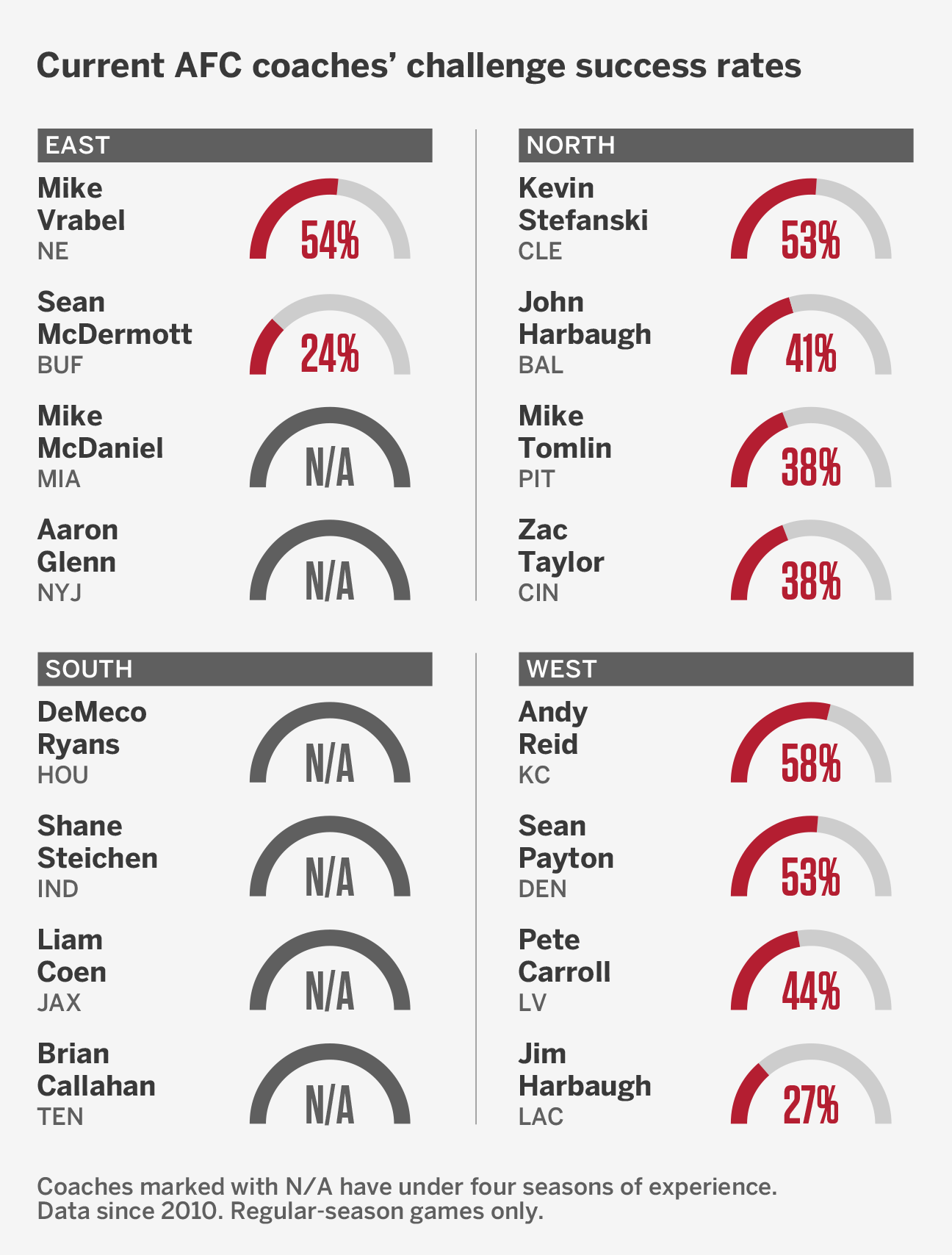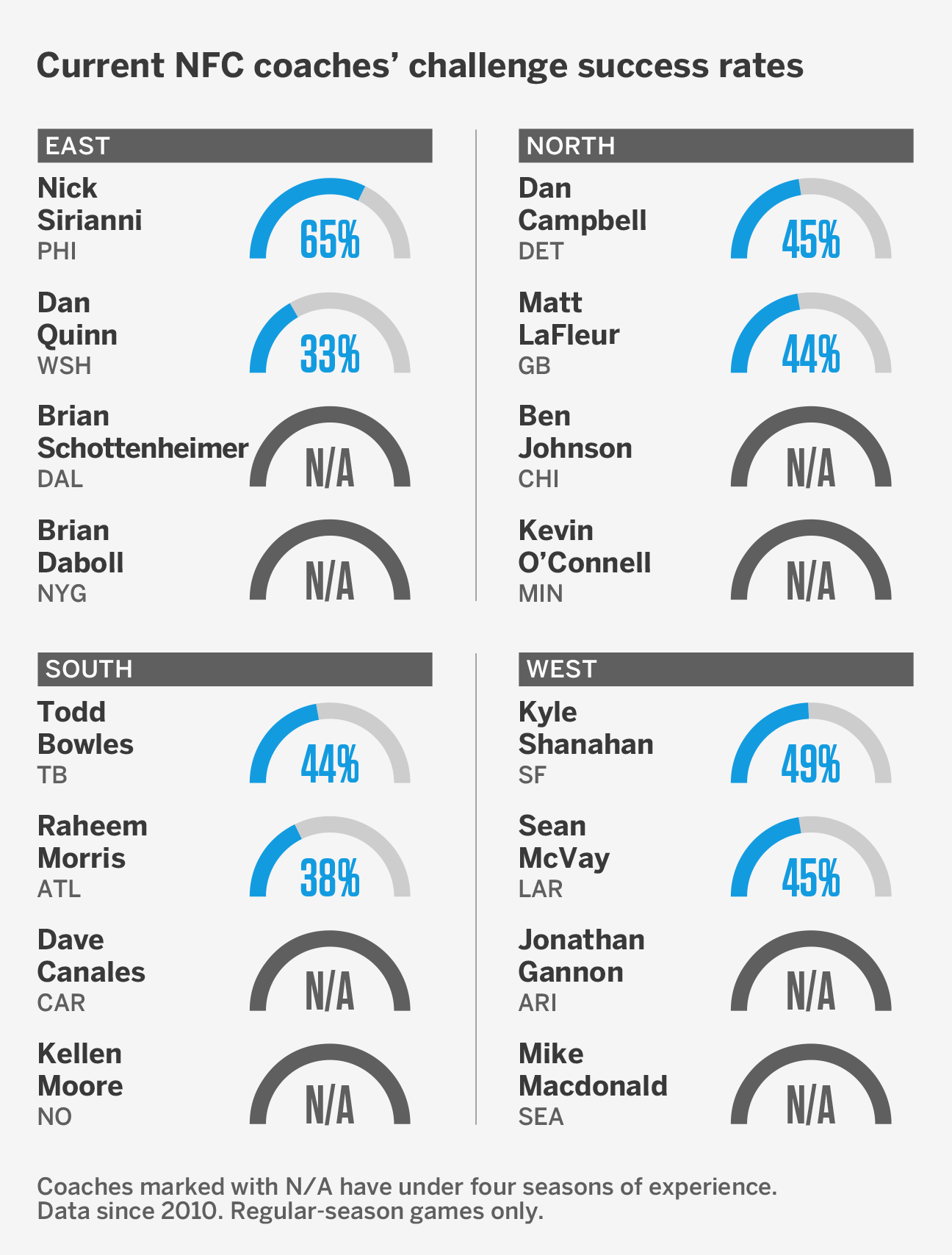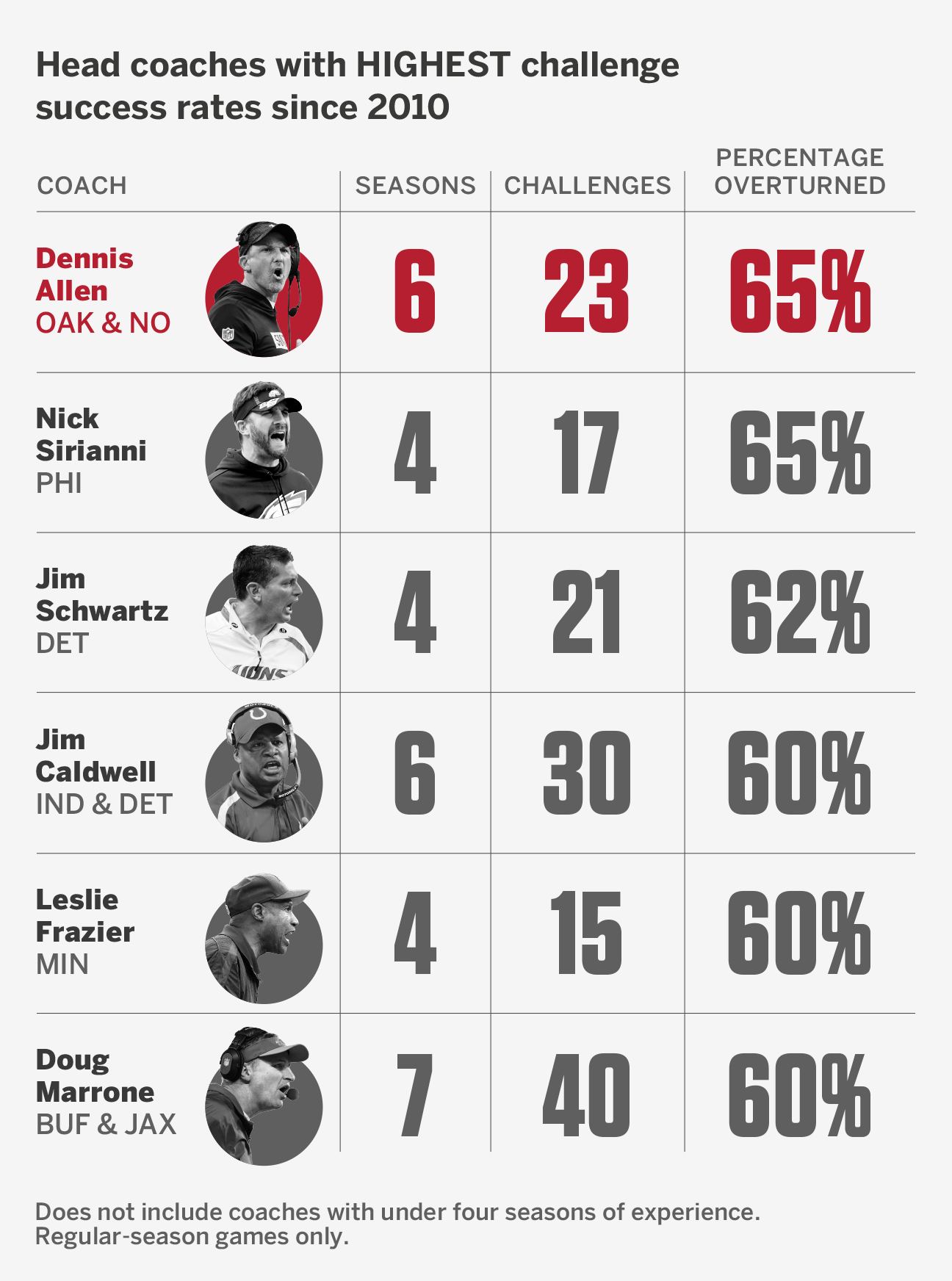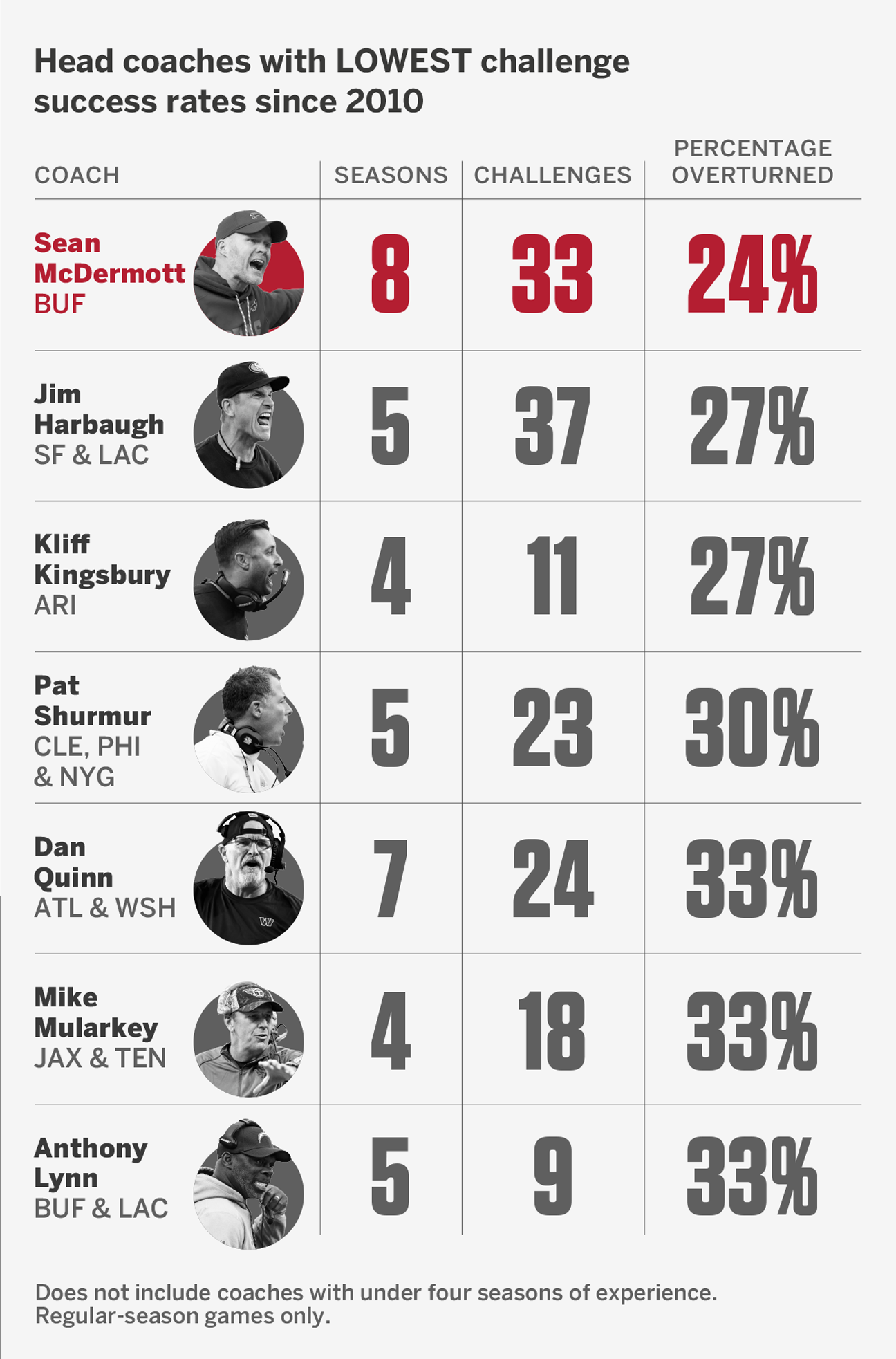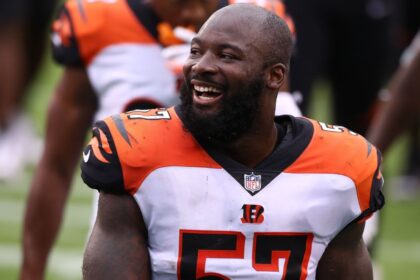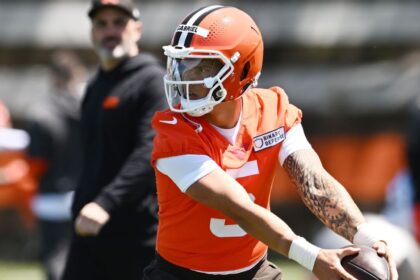Are the referees against your team? Analysis reveals the truth about the calls in the NFL
The widespread perception among NFL fans is that referees harm their teams, or that they simply don’t know how to officiate. It is even rumored that they favor certain teams, such as the Kansas City Chiefs. However, a thorough data analysis conducted by Alofoke Deportes disproves these theories. To assess the real impact of arbitration on match results, data was collected on all penalties decreed by referees in regular season and playoff games between 2001 and 2024. The type of penalty, the moment it occurred, and the winning team were recorded. In addition, coach challenges in the regular season from 2010 to 2024 were analyzed.Analysis Results: Debunking Myths
- More penalties do not equal more losses: Contrary to popular belief, teams with more penalties do not lose more often.
- Key penalties at crucial moments: In the final quarter and in overtime, penalties that generate large yardage gains or first downs (such as defensive holding, defensive pass interference, illegal contact, and offensive pass interference) are related to a higher probability of victory.
- Decline in coach challenges: Since 2010, coach challenges have decreased by 47%. In the 2024 season, challenges resulted in decision changes in approximately 38% of cases, the lowest success rate in five years.
- Absence of bias in officiating crews: The data did not reveal that specific officiating crews were biased against particular teams when confirming or overturning challenges, nor that less experienced teams routinely had more reversals.
An interesting fact is that teams that commit game-changing penalties in the final quarter or in overtime have a higher probability of winning (approximately 54%). This aggressive strategy could be rewarded, according to the analysis. Teams that are losing at the end of the game might be forced to commit offensive pass interference, while the winning team might incur defensive pass interference or holding to prevent the opposing team from scoring.I feel sorry for the fans who believe that NFL referees are biased against their favorite team, but it’s not true.
Dr. James J. Cochran, professor of applied statistics
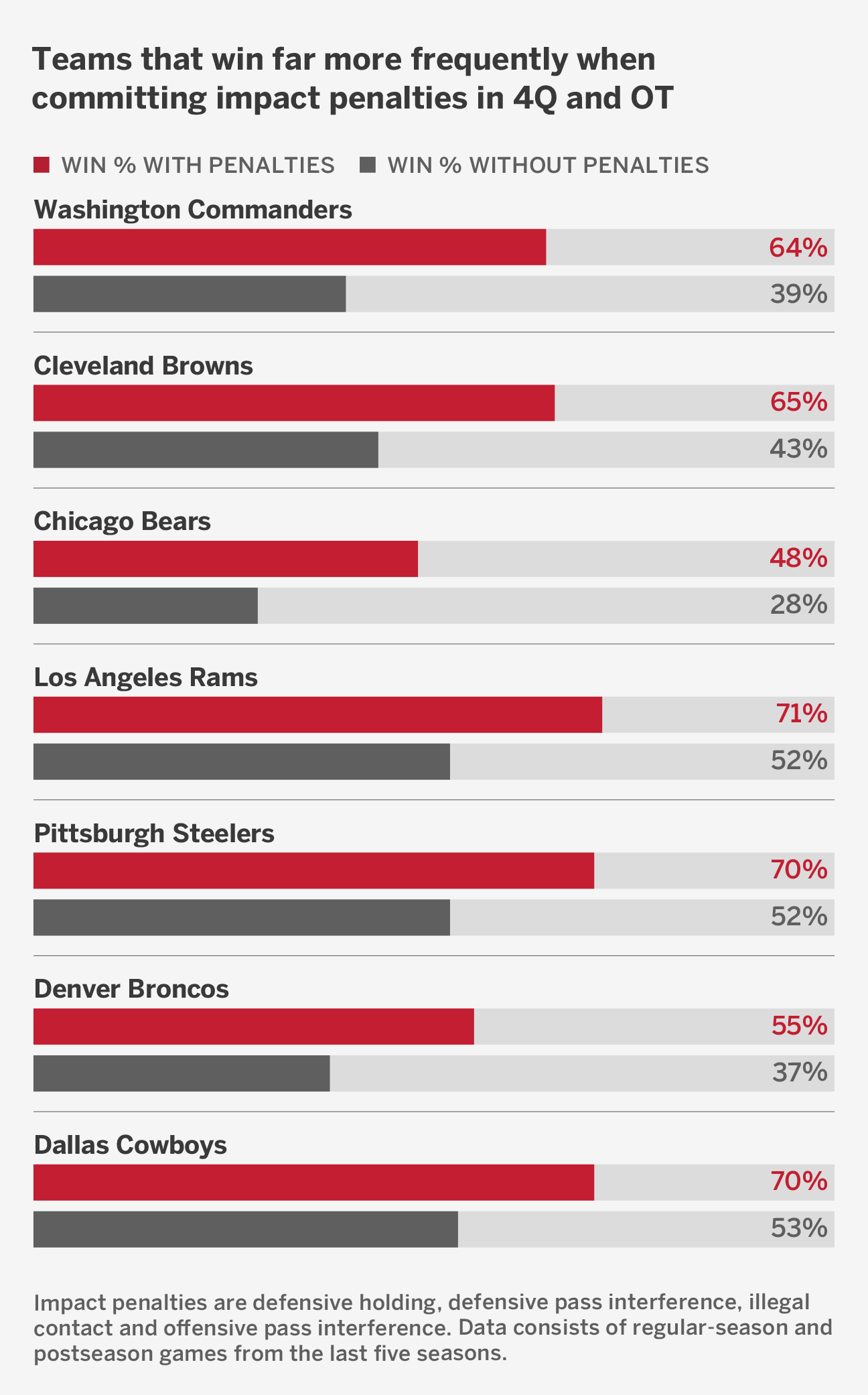
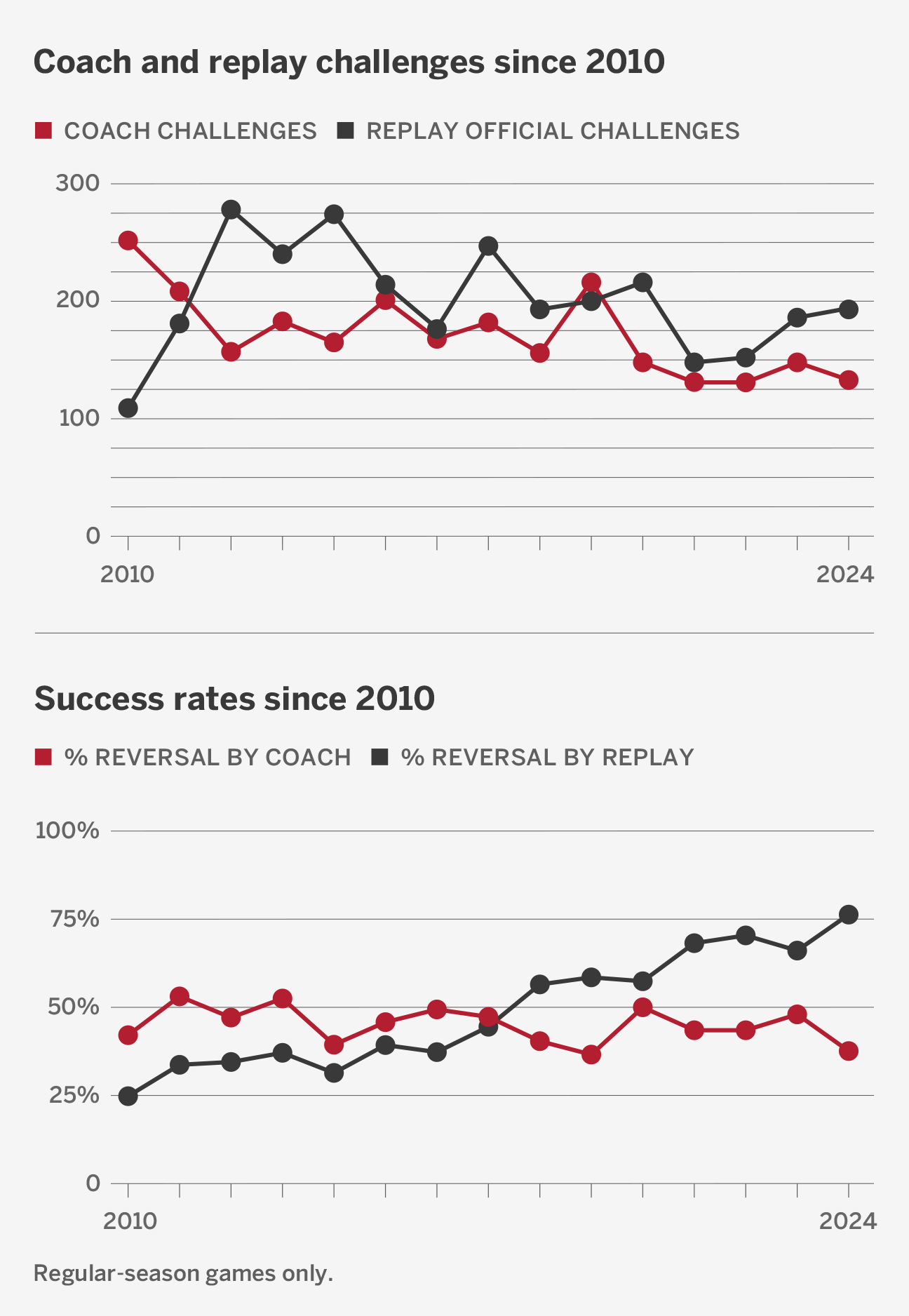
The Coach’s Challenge
San Francisco 49ers coach Kyle Shanahan had an embarrassing experience when challenging a play in which Colts running back Jonathan Taylor appeared to fumble the ball. Despite this, Shanahan is one of the most successful coaches in terms of challenges, with a success rate close to 50%.